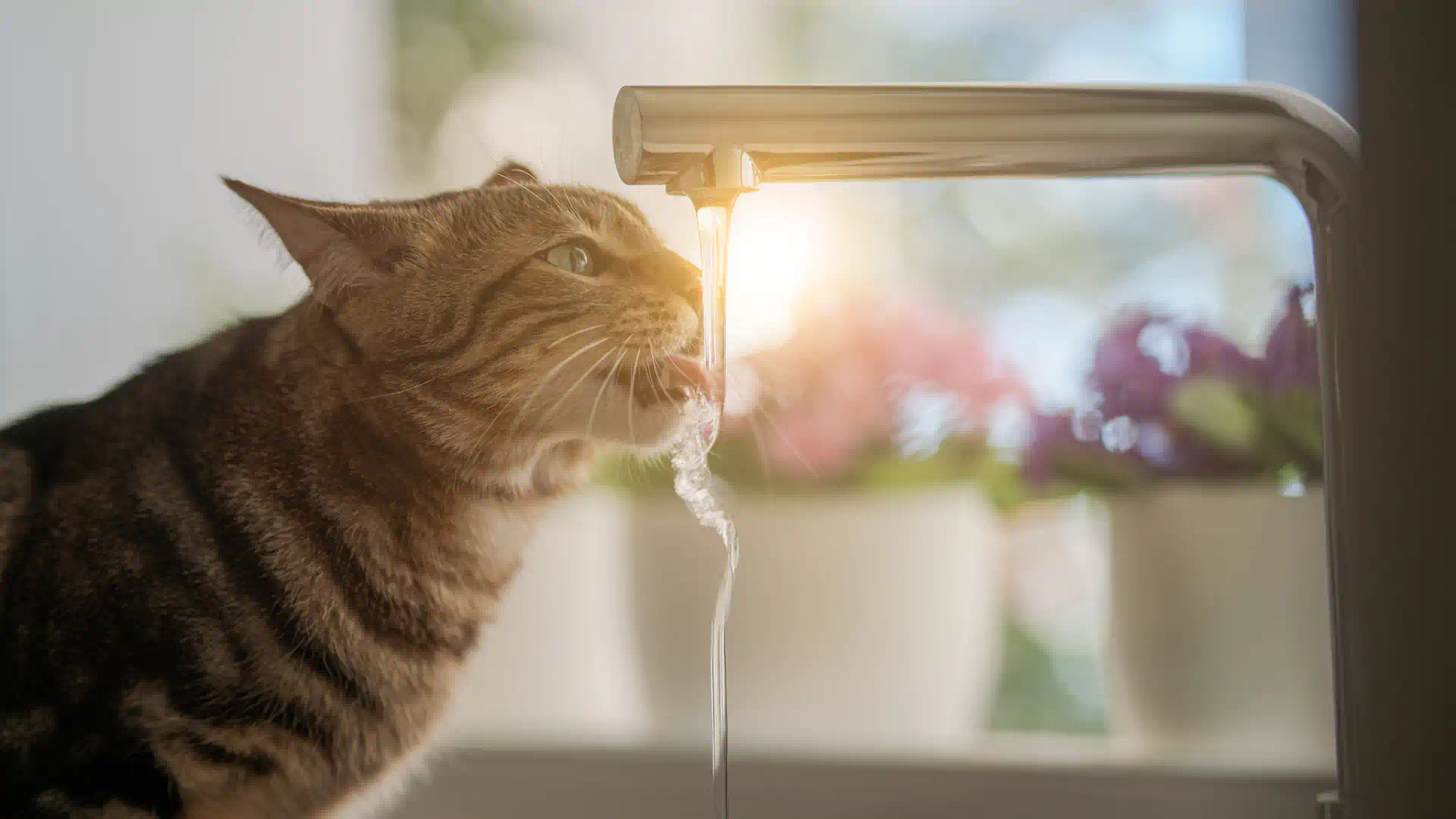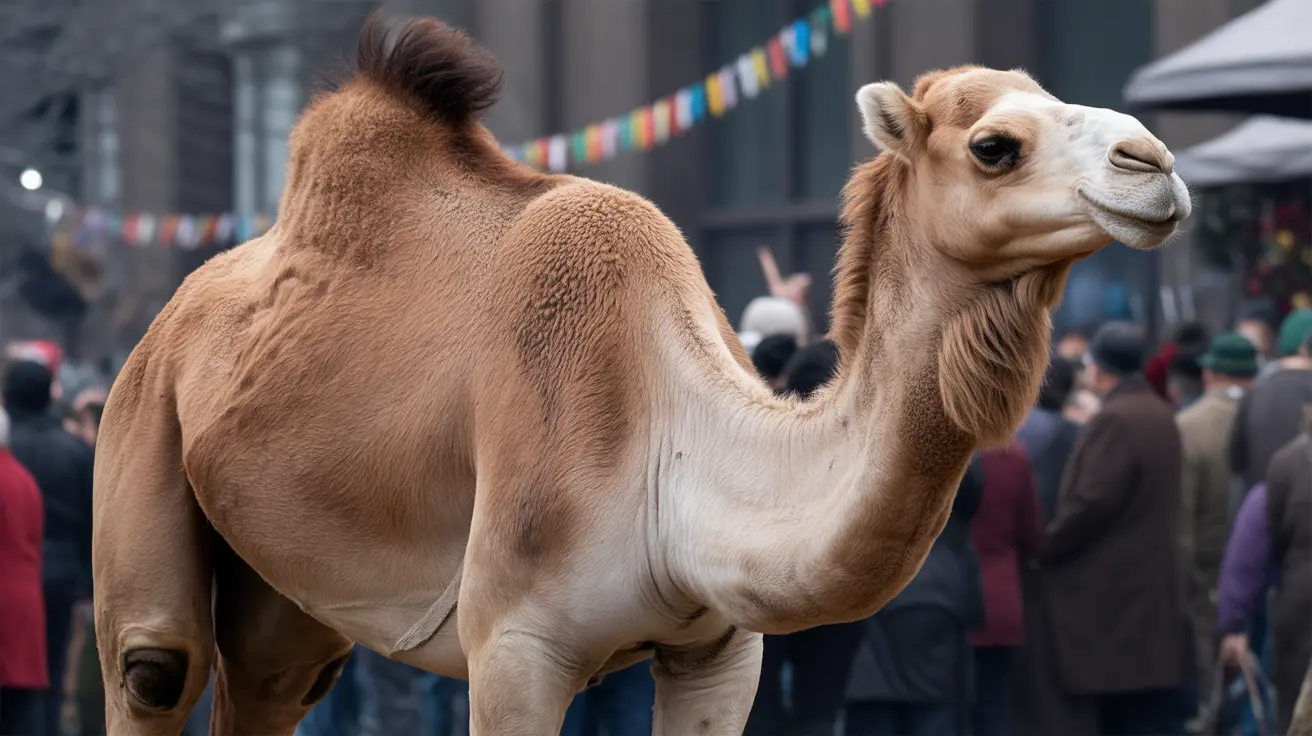How Much Water Do Pets Need?
The amount of water your pet needs varies based on their size, age, activity level, and diet. A general guideline is:
- Dogs:
1 ounce of water per pound of body weight daily. - Cats:
3.5 to 4.5 ounces of water per 5 pounds of body weight daily.
Pets on dry kibble diets may need more water than those eating wet or fresh food, which has higher water content.
Why Hydration is Essential for Pets
Water plays a critical role in maintaining your pet’s health by supporting:
- Temperature Regulation:
Helps keep your pet cool, especially in warm weather. - Organ Function:
Vital for kidney function, preventing urinary and bladder issues. - Digestion:
Aids in breaking down food and nutrient absorption. - Circulation:
Maintains blood volume and oxygen delivery throughout the body. - Detoxification:
Flushes out toxins through urine and sweat (for dogs, through their paw pads).
Signs of Dehydration in Pets
Dehydration can develop quickly and lead to serious health complications. Watch for these signs:
- Dry Nose or Gums:
A healthy pet’s gums should be moist and slippery. - Sunken Eyes:
A sign of severe dehydration. - Lethargy:
A dehydrated pet may appear unusually tired or weak. - Loss of Skin Elasticity:
Gently pull up the skin on your pet’s back; if it doesn’t return to place quickly, they may be dehydrated. - Reduced Appetite:
Dehydrated pets may eat less or refuse food altogether.
If your pet shows any of these signs, consult a veterinarian immediately.
How to Keep Your Pet Hydrated
- Provide Fresh Water at All Times:
Ensure a clean, easily accessible water source. - Use a Pet Water Fountain:
Running water encourages pets to drink more. - Incorporate Water-Rich Foods:
Wet food, fresh vegetables, and pet-safe broths can help. - Make Drinking Fun:
Try flavored pet-safe water, ice cubes, or adding a little tuna juice for cats. - Monitor Activity Levels:
More exercise = more water needed! Offer extra hydration after playtime.
Special Considerations for Hydration
- Senior Pets:
Older pets are more prone to dehydration due to reduced kidney function or illnesses. Monitor their water intake closely. - Sick Pets:
Pets with conditions like kidney disease, diabetes, or urinary tract infections need increased hydration. Consult your vet for tailored advice. - Hot Weather:
During summer months, ensure pets have access to shade, fresh water, and cooling mats to prevent heatstroke and dehydration.
What to Do if Your Pet is Dehydrated
If you suspect dehydration, offer small amounts of water frequently. Avoid letting your pet drink too much too quickly, as it could cause vomiting. Severe cases may require veterinary attention, where IV fluids can be administered to rehydrate your pet safely.
Conclusion
Hydration is a cornerstone of your pet’s health and well-being. Ensuring your pet drinks enough water daily can prevent dehydration and its associated health risks. With fresh water, water-rich foods, and creative hydration solutions like fountains or flavored water, you can keep your furry friend healthy and happy.
If you’re concerned about your pet’s water intake, consult your veterinarian to discuss any underlying issues or additional hydration tips.






